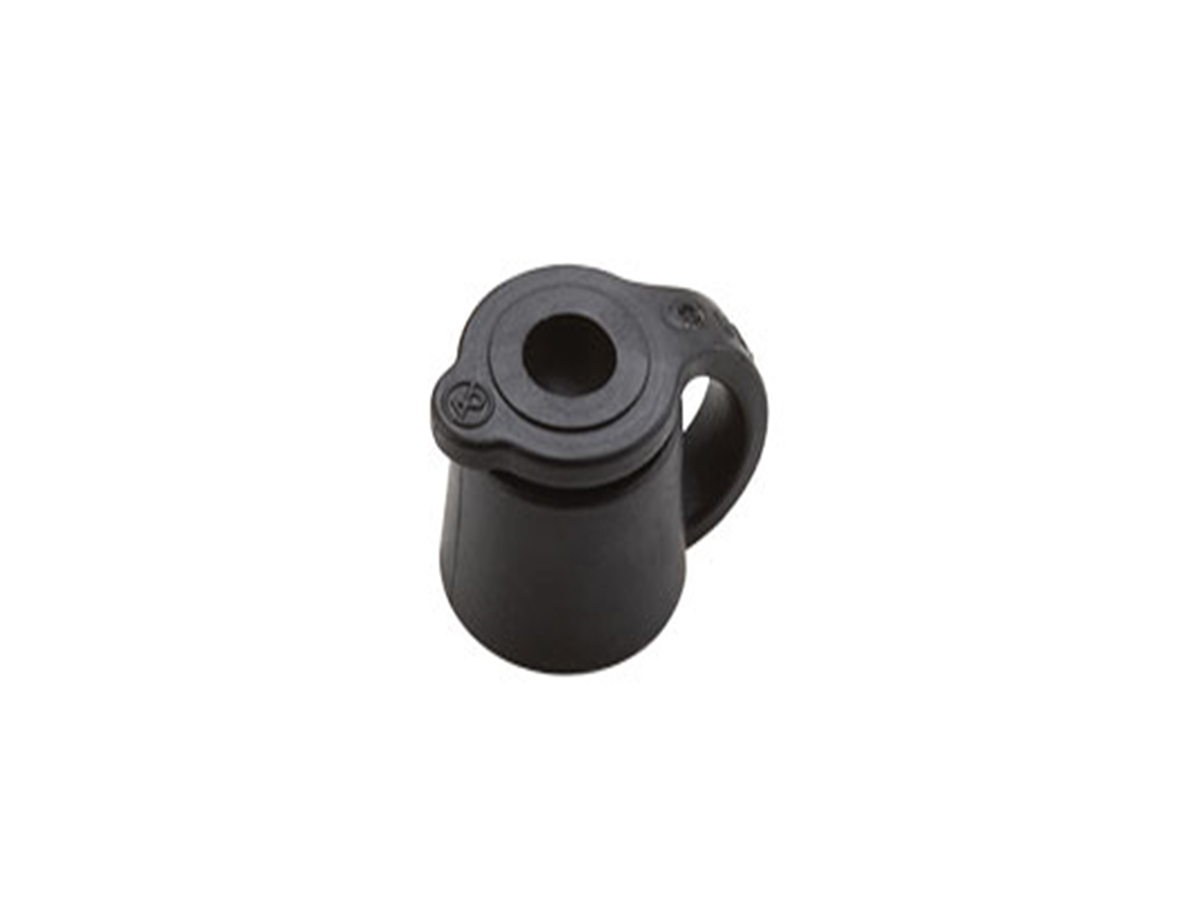DEFENDO OLYMPUS BIOPSY

The Defendo Olympus Biopsy device refers to a specialized endoscopic biopsy instrument used for obtaining tissue samples during endoscopic procedures. Here's a breakdown of key features, applications, and details about the Defendo Olympus Biopsy system:
Key Features
Tissue Sampling:
- The Defendo device is designed for safe and effective tissue sampling from various organs, such as the gastrointestinal tract, lungs, or other areas accessible via endoscopy.
Compatibility:
- Typically compatible with Olympus endoscopy systems and specific endoscopes, ensuring seamless integration during procedures.
Design and Functionality:
- Features an ergonomic design that allows clinicians to operate the device easily, providing precise control during the biopsy process.
- Often includes mechanisms for cutting and capturing tissue samples without excessive trauma to surrounding tissues.
Safety Mechanisms:
- Equipped with features that help minimize complications, such as bleeding or perforation, which are critical during biopsy procedures.
Single-Use or Reusable:
- Depending on the specific model, the Defendo biopsy instrument may be single-use or designed for multiple uses, with appropriate cleaning and sterilization protocols.
Applications
The Defendo Olympus Biopsy system is used in various medical specialties, including:
- Gastroenterology: For biopsies of the esophagus, stomach, small intestine, and colon.
- Pulmonology: For obtaining lung tissue samples via bronchoscopy.
- Urology: For sampling tissue from the bladder or urethra.
- General Surgery: In procedures requiring tissue sampling from other organ systems.
Maintenance and Care
Inspection:
- Regularly inspect the device for any signs of wear, damage, or malfunction before use.
Cleaning and Sterilization:
- Follow the manufacturer's guidelines for cleaning and sterilizing reusable devices. Single-use devices should be disposed of according to medical waste protocols.
Storage:
- Store in a clean, dry environment to prevent contamination and ensure longevity.
Training:
- Ensure that medical personnel are adequately trained in the use of the biopsy device to maximize safety and effectiveness during procedures.